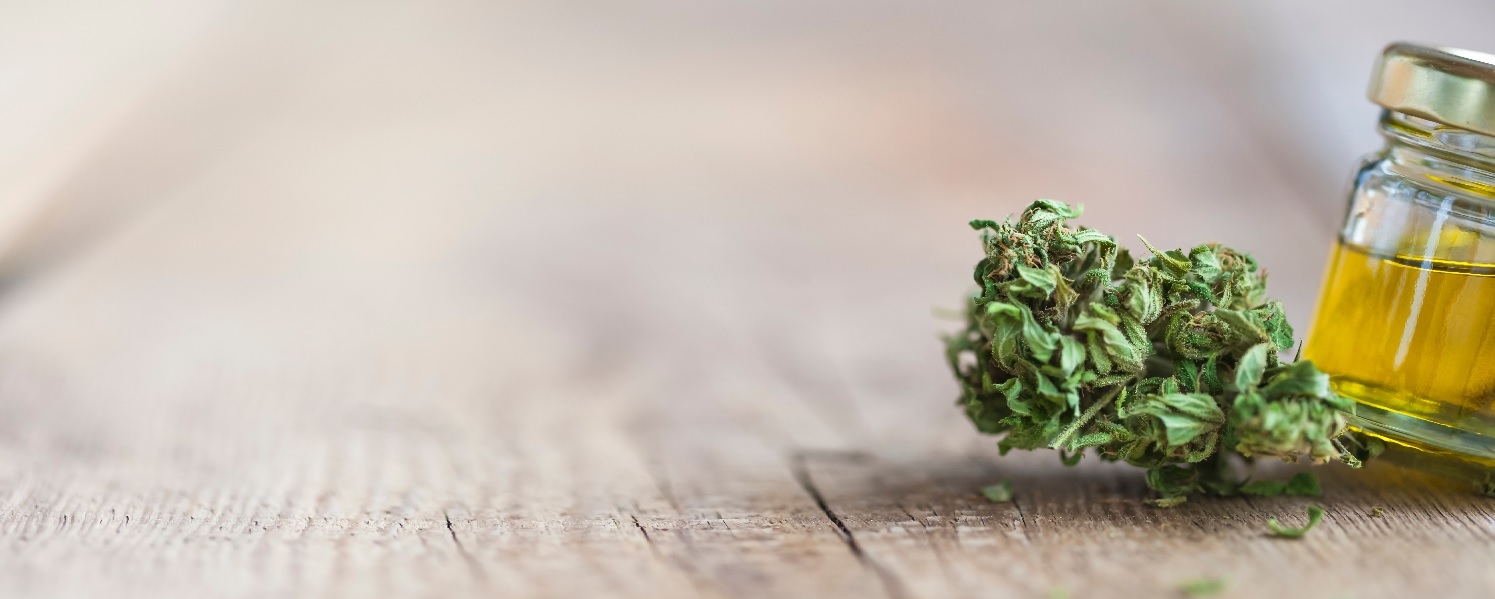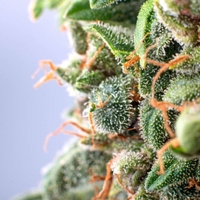
Cannabis use mitigates pain and other symptoms of endometriosis, according to a new study published in the Journal of Women’s Health (1).
Researchers examined a subset of self-identified cannabis consumers in New Zealand with either endometriosis or polycystic ovary syndrome (PCOS) from a larger data set examining the therapeutic use of cannabis and cannabis-based medicines across multiple health-related conditions. The data was collected via a cross-sectional online survey run between May and July 2019.
Of the 213 women surveyed who used either prescribed or illicit cannabis, the average age was 32 years, and 79.8% were current cannabis users. The majority of respondents used cannabis to relieve pain (95.5%) and improve sleep (95.5%) and had been using cannabis for at least 2 years (75.6%).
Respondents reported that their symptom was ‘‘much better’’ for pain (81%), sleep (79%), and nausea or vomiting (61%). Eighty-one percent of respondents indicated cannabis had reduced their normal medication usage, with 59% able to completely stop a medication, most commonly opioids (40%) and non-steroidal anti-inflammatories (NSAIDs) (17%). A further 45% were able to reduce a medication by at least half a dose.
There is growing evidence for the use of cannabis or cannabinoids in endometriosis or chronic pelvic pain (2,3). An Australian study found that one in eight women who used self-management strategies for endometriosis had tried cannabis for symptom management (2). Self-reported effectiveness in pain reduction was high (7.6 of 10), and adverse effects were infrequent and minor (10%). Fifty-six percent of responders were able to reduce pharmaceutical medications by at least half (2).
In a United States cross-sectional survey, almost one-quarter of women with pelvic and perineal pain or endometriosis reported regular use of cannabis as an adjunct to their prescribed therapy, and 96% reported improvement in symptoms, including pain, cramping, muscle spasms, anxiety, depression, sleep disturbances, libido, and irritability (4).
Cannabinoid receptors are abundantly expressed in the female reproductive, immune, and nervous systems; thus, targeting these receptors with various phytochemicals from cannabis (mainly cannabinoids) may provide a plausible mechanism of action for the improvement in pain and other endometriosis symptoms (5,6). The endocannabinoid system and its components have been shown to affect inflammation, angiogenesis, cellular proliferation, and fibrosis, which are implicated in the establishment and stimulation of endometriosis (6,7,8).
The current study had several limitations, including self-reported diagnosis and measures, which may lead to recall bias and over-or underestimation of the positive and negative effects. As most respondents consumed illicit cannabis, data on the quality, variety or phytochemical composition of cannabis was not available.
Further well-designed, blinded randomised controlled trials are required the efficacy and safety of quality-controlled medicinal cannabis in women with endometriosis.






